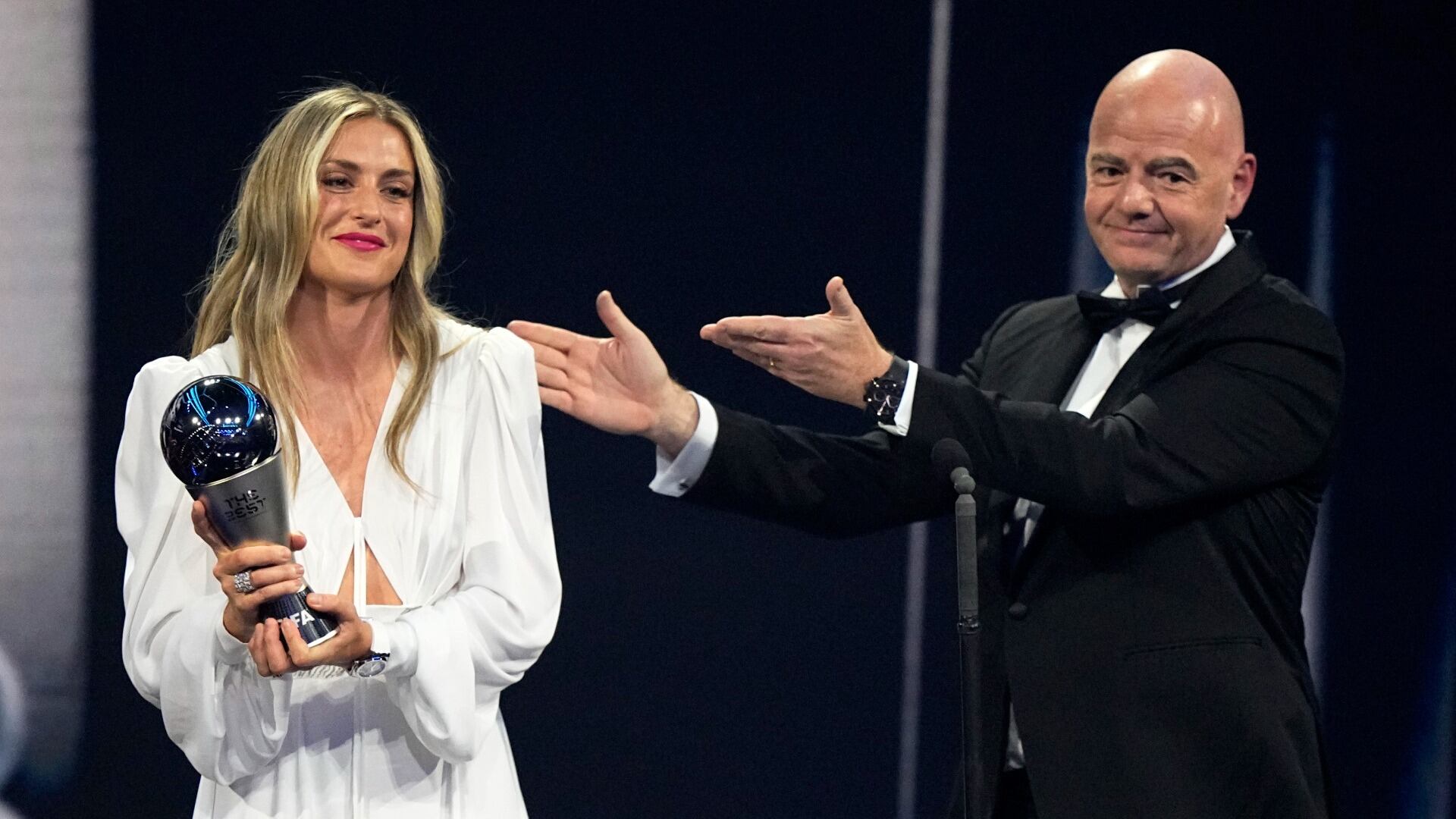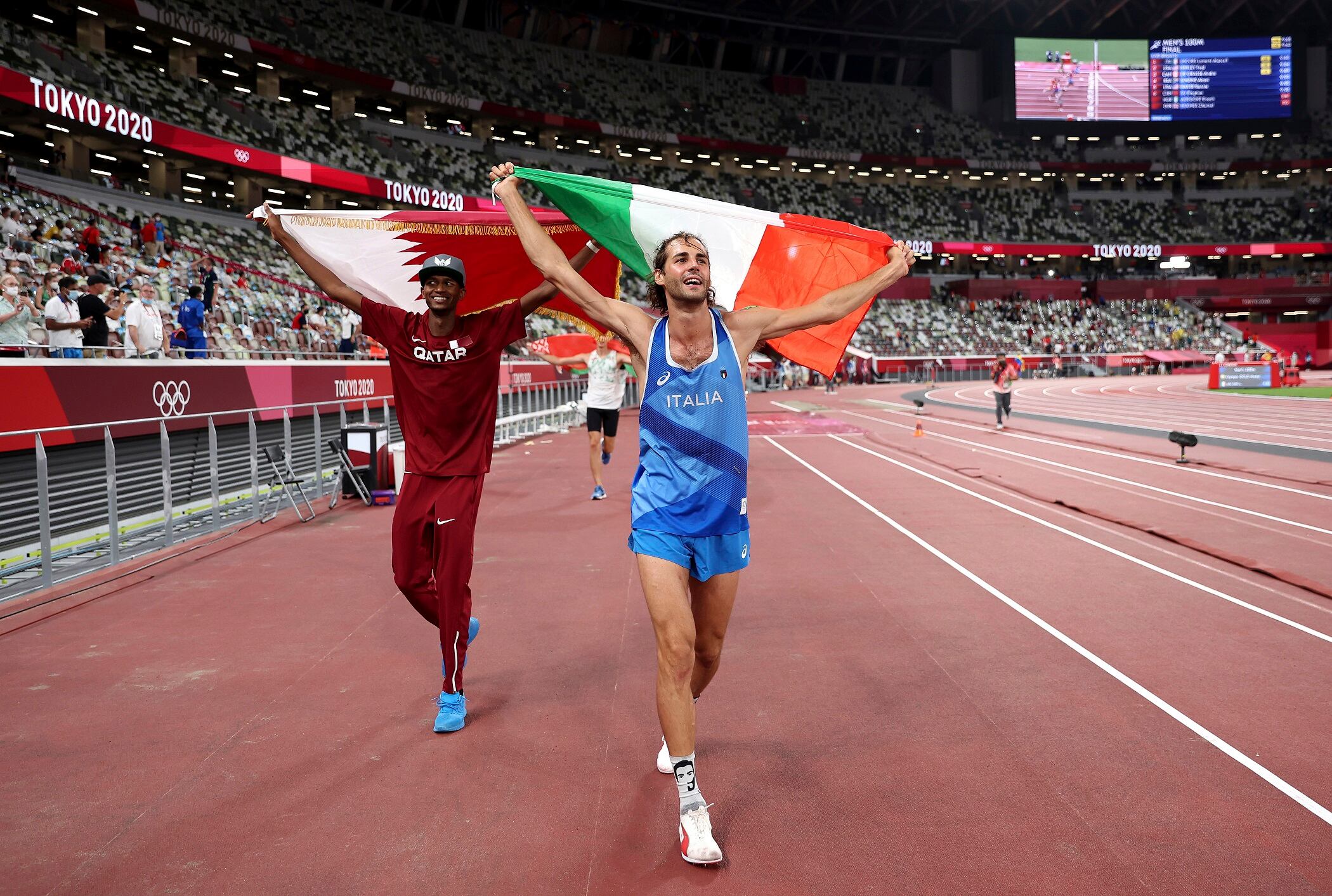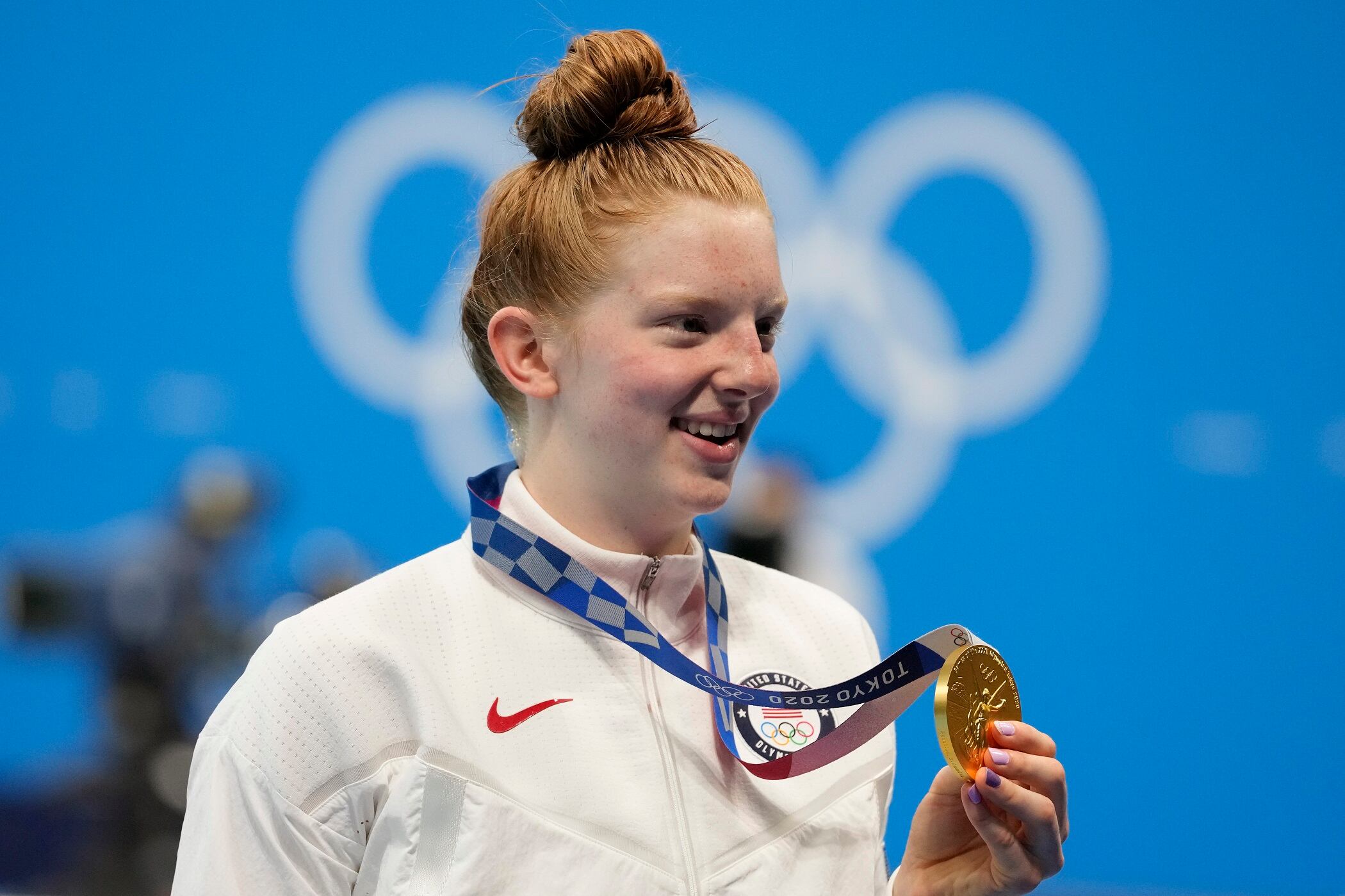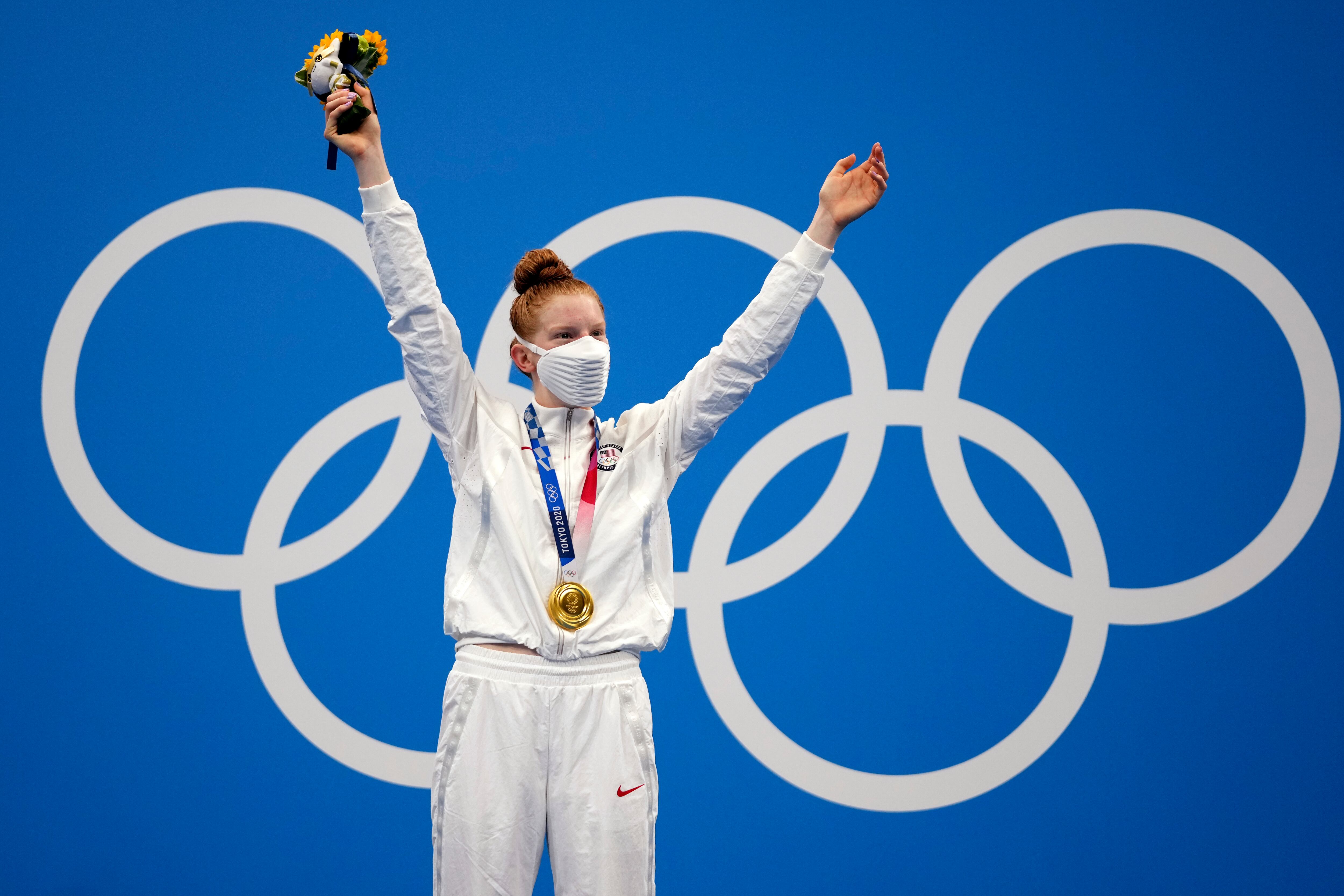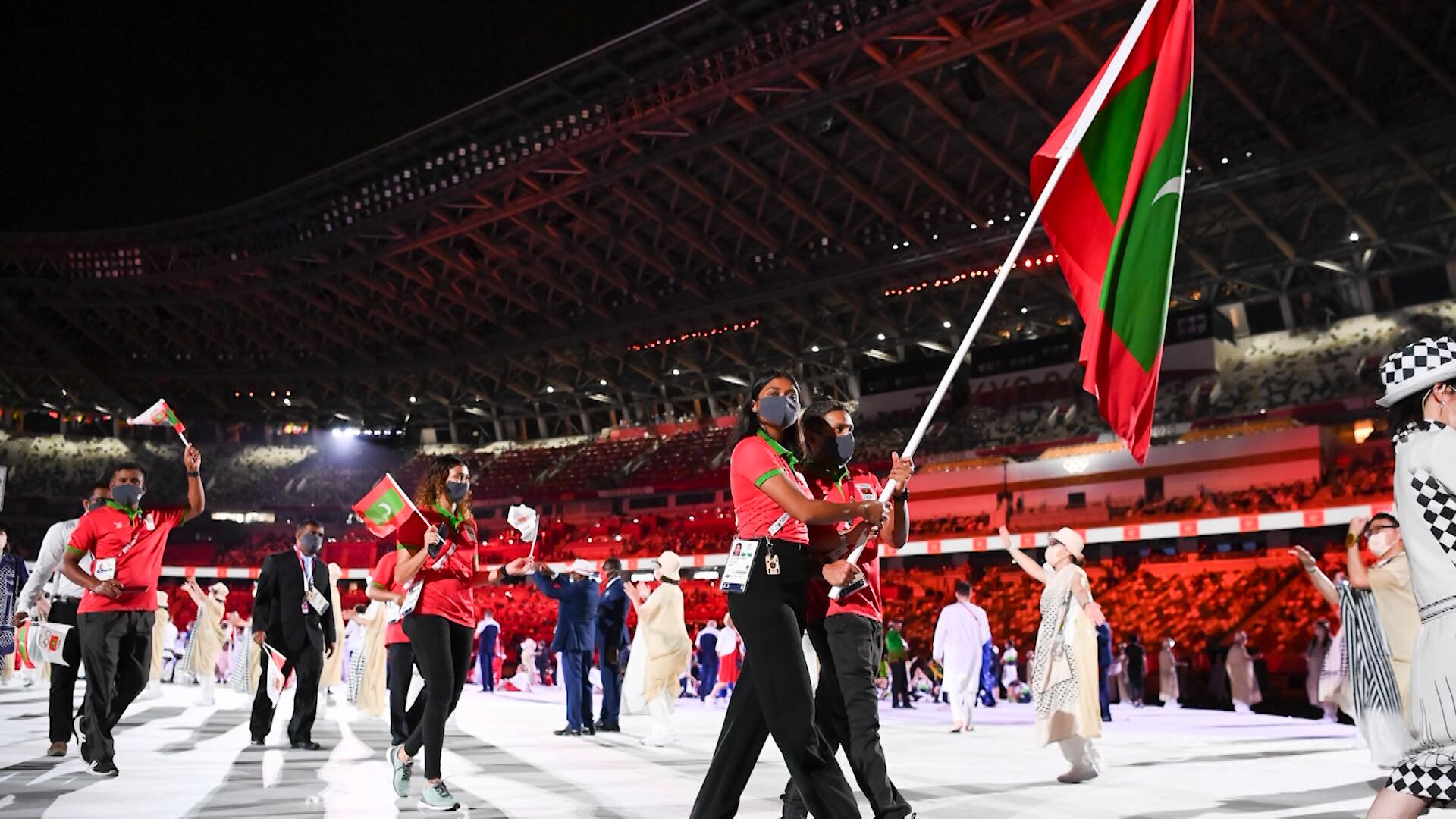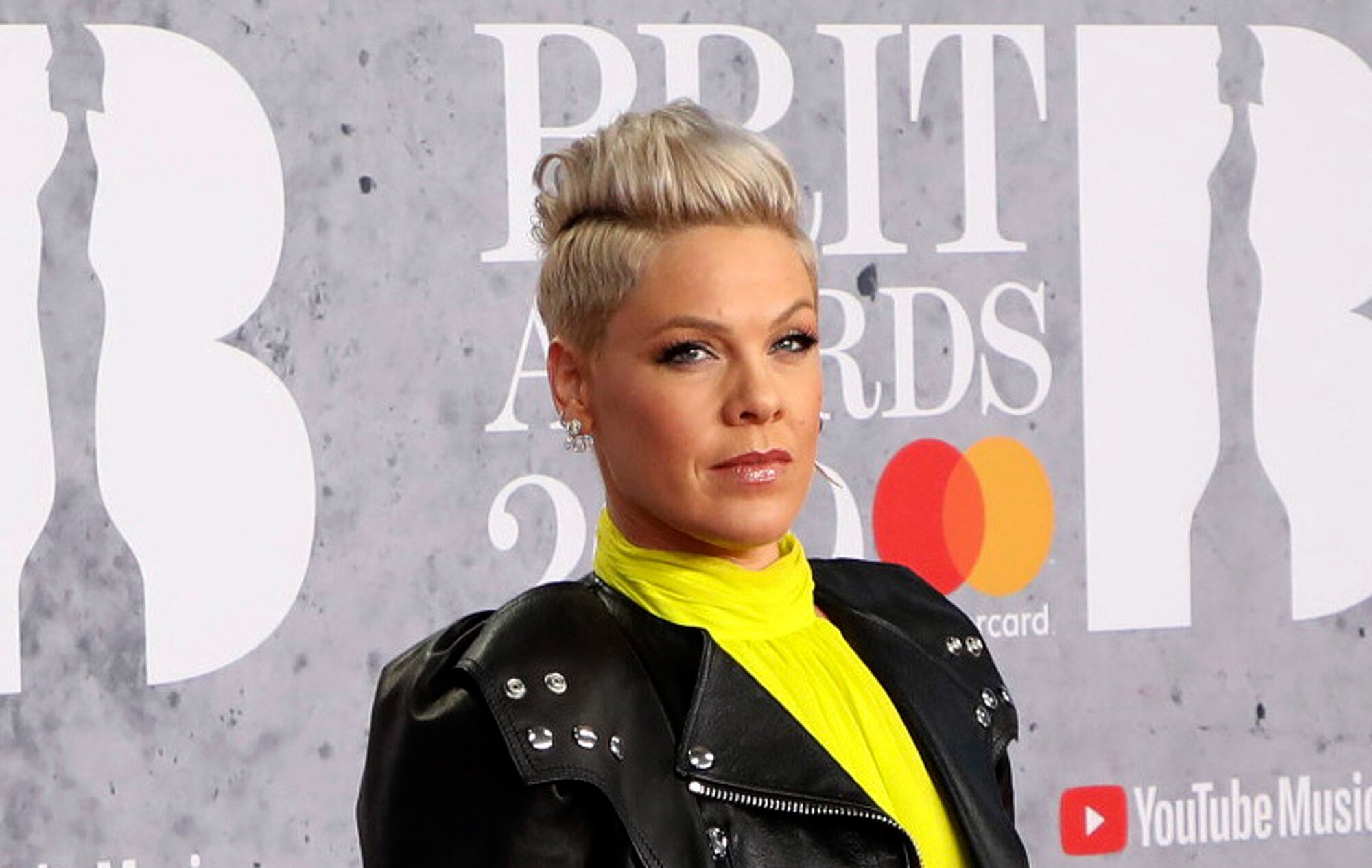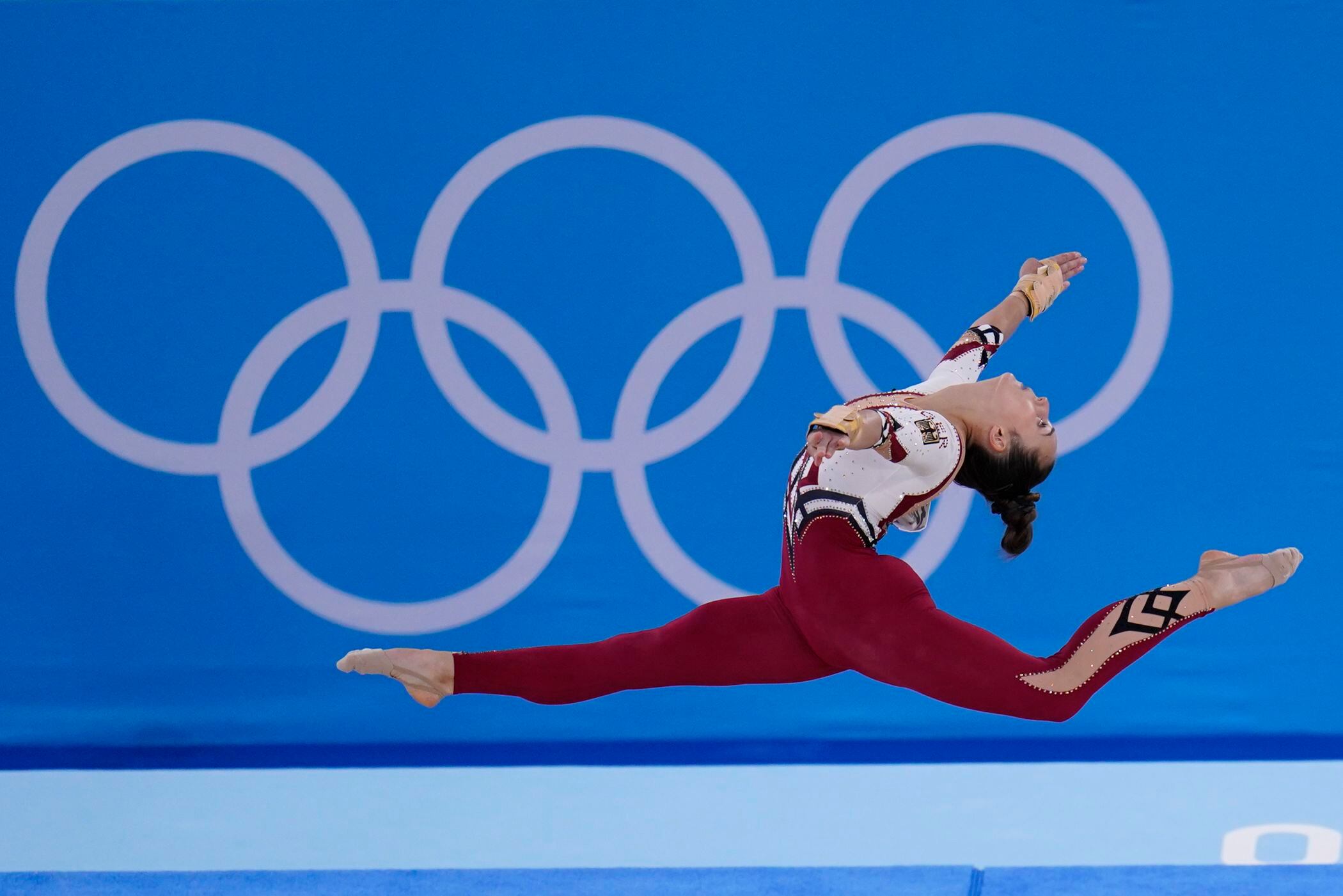Women athletes made some strides in terms of pay equity after FIFA announced that this year's World Cup prize money will exceed $150 million — but it still lags far behind the men's tournament.
The raise marks a 300 percent increase from the previous tourney in 2019 when the winners took home just $30 million. It's also 10 times the amount paid out in 2015.
Still, the pay gap between men and women soccer players remains wide. In last year's men's World Cup in Qatar, the prize stood at $440 million. FIFA stated that it is aiming to have pay parity by 2027.
"FIFA is stepping up not just with words but with actions. Unfortunately this is not the case of everyone across the industry," said FIFA President Gianni Infantino, noting the continued discrepancy in payments from broadcasting and advertising partners, according to Barron's. "Offer us 20 percent less, or 50 percent less, but not 100 percent less. Women deserve much, much more than that, and we are here to fight for them and with them, but we need to fight together."
The announcement came just weeks after the U.S. Soccer Federation settled a lawsuit filed by the U.S. women's national team for $24 million on the basis of pay inequity. Last year the organization also established a collective bargaining process involving both the men's and women's national teams to pool and equally divide prize money.
Mutaz Barshim of Qatar and Gianmarco Tamberi of Italy tied for the gold medal in the men’s high jump at the Tokyo Games.
Cheddar's Michelle Castillo takes a deep dive into the world of Formula E racing. The all-electric motor sport is looking forward to a more sustainable future on and off the track.
Weightlifter Hidilyn Diaz’s arduous buildup to the Tokyo Olympics culminated on the top step of the podium. Diaz won the first Olympic gold medal for the Philippines in a triumphant result for a country that has competed at every Summer Olympics except one since 1924.
Jacoby pulled off a stunning upset in the 100-meter breaststroke, beating defending champion Lilly King. Jacoby already was the first swimmer from Alaska to make the U.S. Olympic team. Now, she's got a gold.
The Russian Olympic Committee has won the gold medal in women’s gymnastics after U.S. star Simone Biles exited with a medical issue.
Vaccine Mandates, Osaka Out & LeVar Burton Takes Jeopardy!
After a year of delays, the Tokyo Olympics is finally here.
But the growth in streaming is expected to lower broadcast viewership numbers. Still, advertisers and sponsors haven't pulled out of the popular live sporting event.
U.S. pop singer Pink has offered to pay a fine given to the Norwegian female beach handball team for wearing shorts instead of the required bikini bottoms.
The German women’s gymnastics team took the floor for their first competition at the Tokyo Olympics wearing unitards with leggings that stretched down to the ankle. That defied the custom of high-cut bikini bottoms in the sport.
Team USA's Uneven Start, Optimism Plummets & 'Old' Stuns Box Office
